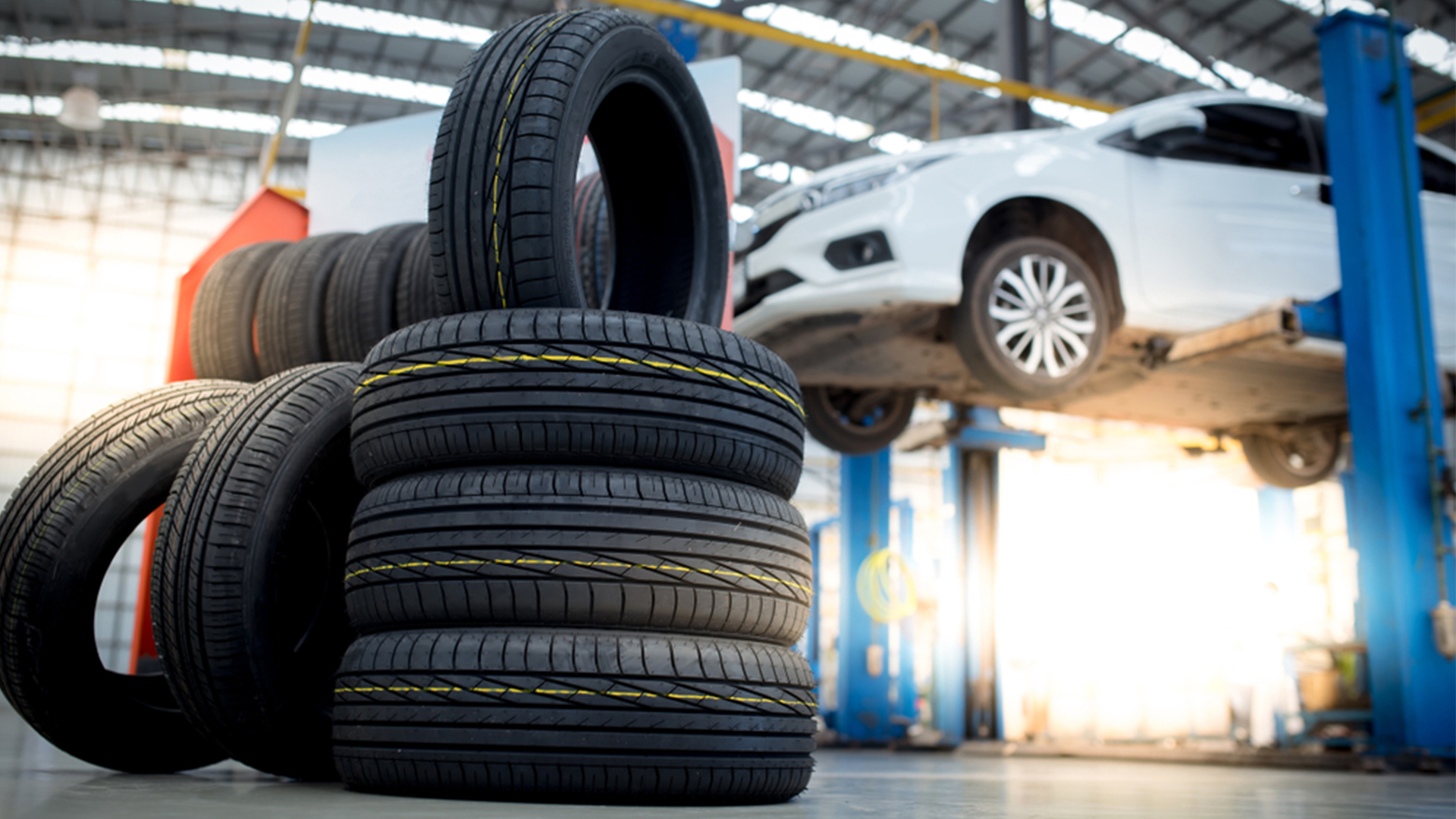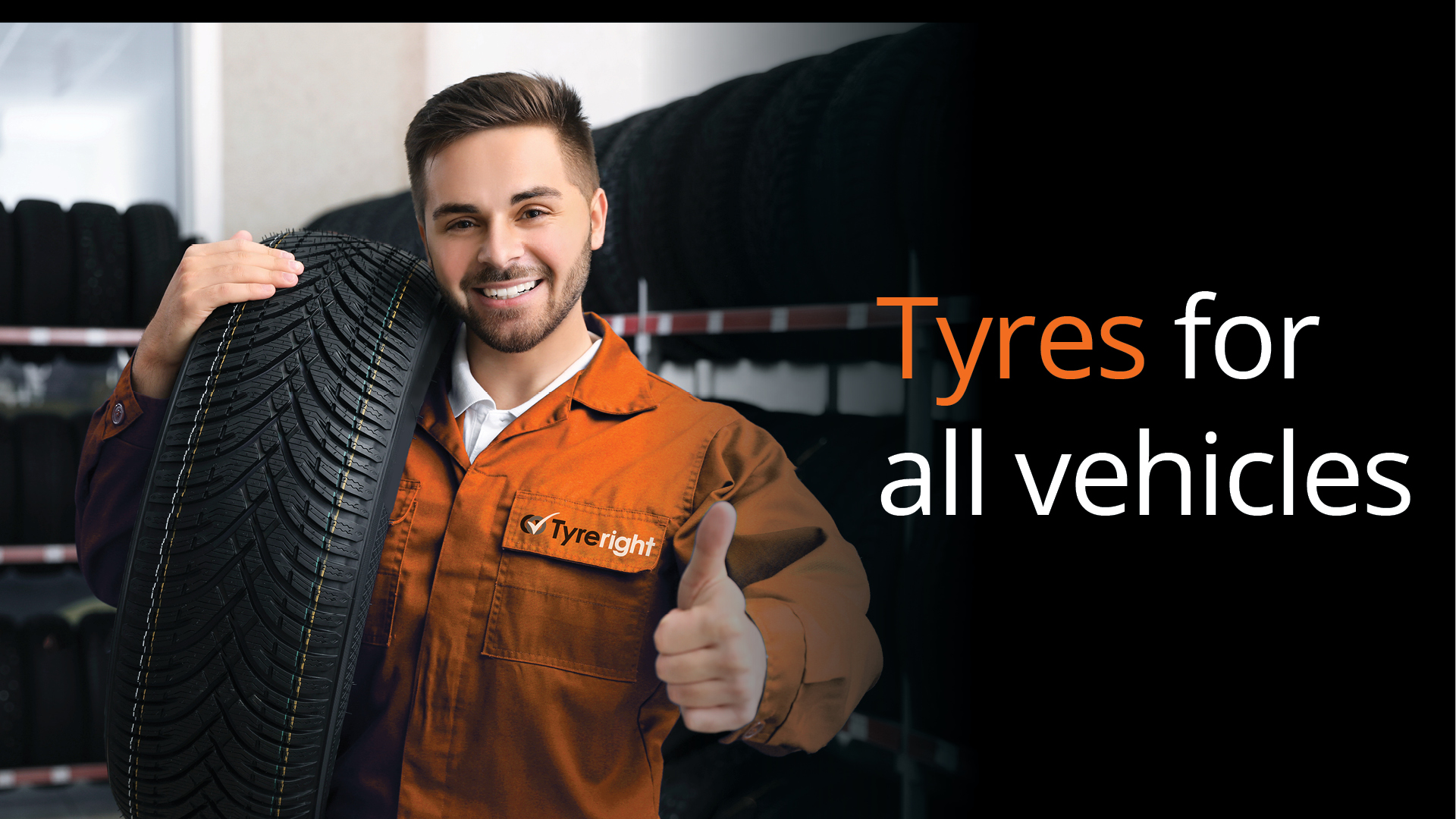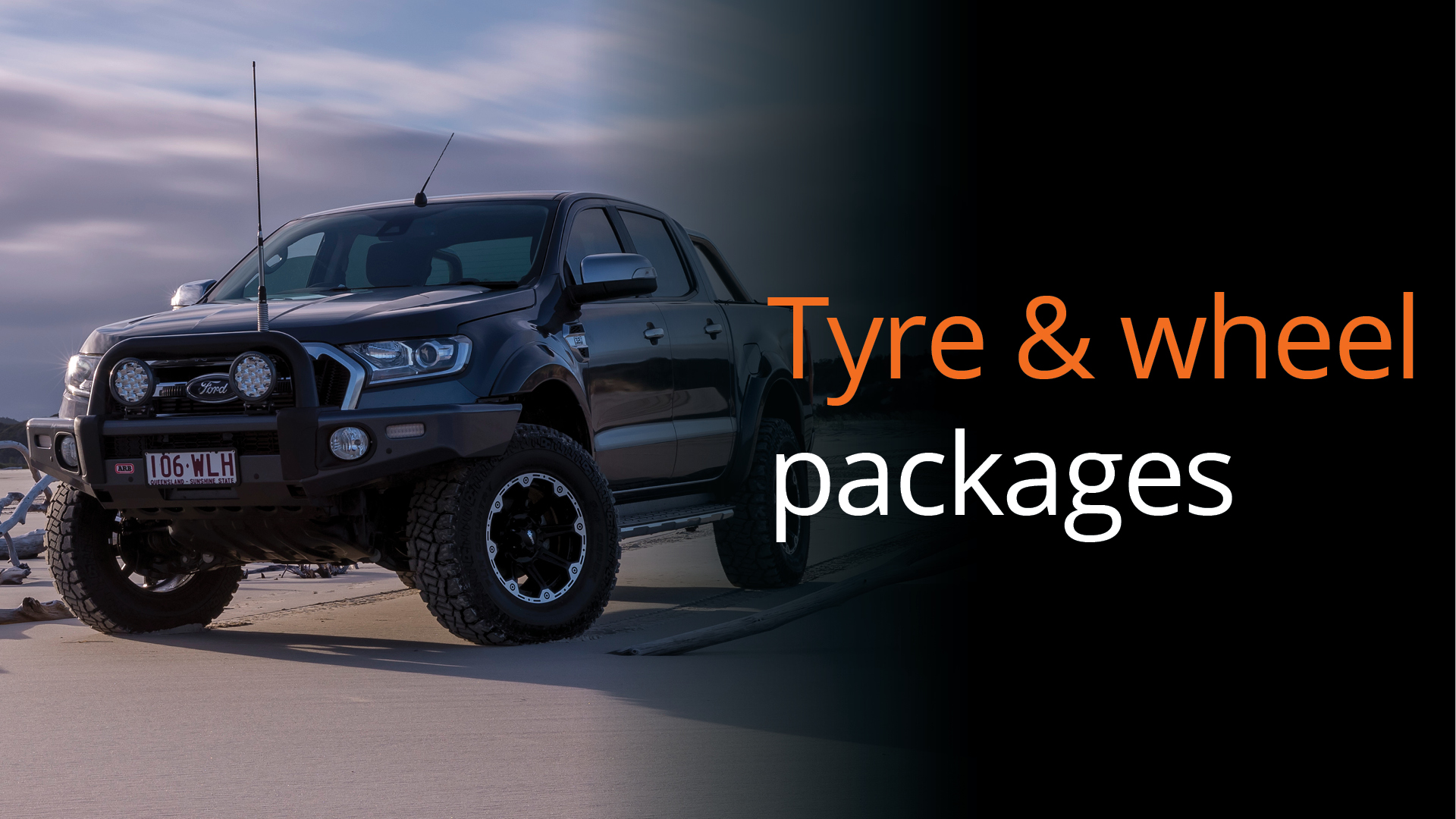
If you love hitting the open road, you know good car tyres can make all the difference to the experience.
Quality tyres provide you with an enhanced drive, thanks to their advanced tread patterns, high-quality construction, and special rubber compounds – all designed to improve the grip, responsiveness, and the safety of your vehicle.
In a nutshell, a quality car tyre should possess:
- Improved stability for safer driving
- A well-designed tread pattern for exceptional traction
- Excellent wet and dry handling
- High braking efficiency
- Effective wet grip, thanks to proper tread channels for water dispersion
- Radial construction for comfort and durability – a must for passenger cars
- Fuel efficiency due to low rolling friction
- Longevity with a gradual wear rate
- Low noise, thanks to an aerodynamic tread pattern
- High-speed stability and precise control
So, which tyres are good for car drivers, and what are good tyre features?
Let’s dive into it, starting at the top!
The Tread
Tread patterns determine how well your tyres grip the road surface. There are three common types – which is right for you depends on your driving style, your vehicle, the road surface you most often drive on, and the weather or temperature. Here’s how the performance of the various patterns compares:
- Directional:This arrow-shaped tread moves water through the tyre fast, offering excellent protection against aquaplaning. They are the best wet-weather tyres and a great choice if you often drive in snowy conditions.
- Symmetrical: Both halves of the pattern on symmetrical tread tyres are the same. They are quiet and provide good road stability, with less rolling resistance for increased fuel efficiency and longer tyre life. They offer the best value for money if you mainly travel short distances.
- Asymmetrical:As the name suggests, asymmetrical tyre treads have different tread patterns on their inner and outer shoulders. The inner side provides excellent protection against aquaplaning, and the outer shoulders have rigid tread blocks for good grip when cornering and driving on dry surfaces.
When it comes to passenger car tyres, there are a variety of types available to suit different vehicles, needs, and driving conditions. To find out more visit: https://tyreright.com.au/shop/car-tyres/
The Rolling Resistance
Rolling resistance is the energy your tyres use to move your car on the road. When tyre pressure drops, the rolling resistance increases, and your car consumes a lot of fuel. Premium quality tyres consistently maintain air pressure, with some manufacturers claiming up to 10% better fuel economy in specific conditions. So, when you’re shopping for tyres, consider low rolling resistance options to save petrol.
The Composition
The best tyre brands contain a diverse mix of quality materials. A standard passenger car tyre boasts around 25 components, including fillers, reinforcing materials like steel and polyester, plasticisers, vulcanisation chemicals, and up to 12 different rubber blends – either natural or synthetic. The choice of materials depends on the tyre’s purpose.
The sweet spot between grip and longevity
Whether a tyre is the right quality for you depends on your preferences, driving style, and a balance between grip and durability. For example, soft tyres hug the road but wear out faster due to their increased rubber contact. On the other hand, harder tyres last longer but might not stick as well.
To get an idea of your tyre’s lifespan, check out the manufacturing date on its sidewall. You’ll also find critical information there about the quality of the tyre and its suitability for your specific vehicle. Look for the make, model, and manufacturer name, tyre size, construction type, and rim size plus the load and speed rating. At first sight, the symbols can look confusing, so for a clear explanation check out https://tyreright.com.au/expert-tips/how-to-size-tyres-for-your-car/ https://tyreright.com.au/expert-tips/the-abcs-of-tyre-terminology/
The Manufacturer
While there are numerous tyre manufacturers, not all produce reliable tyres.
Buying a cheap brand may seem like a cost-saving, but quality tyre brands will save you money in the long run. Good quality tyres must pass rigorous safety standards – the time and money put into research and development is reflected in the cost. Tyres made from inferior or poor-quality materials wear quickly and fail more easily, putting you and others at risk. You may also increase damage to other parts of your car due to the constant strain of accelerating and braking on budget tyres.
The good news is that Tyreright offers car tyres for sale from Australia’s largest selection of best tyre brands. Our range includes car tyres for every budget, driving style, and condition you can think of. And with Tyreright Service Centres right across the country, when you ask, is there a car tyre shop near me? – the answer is yes!







